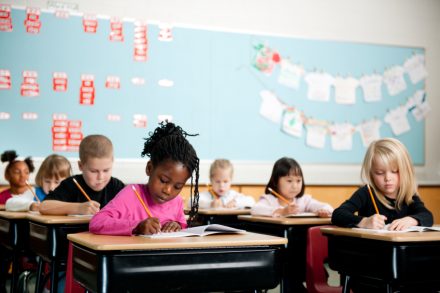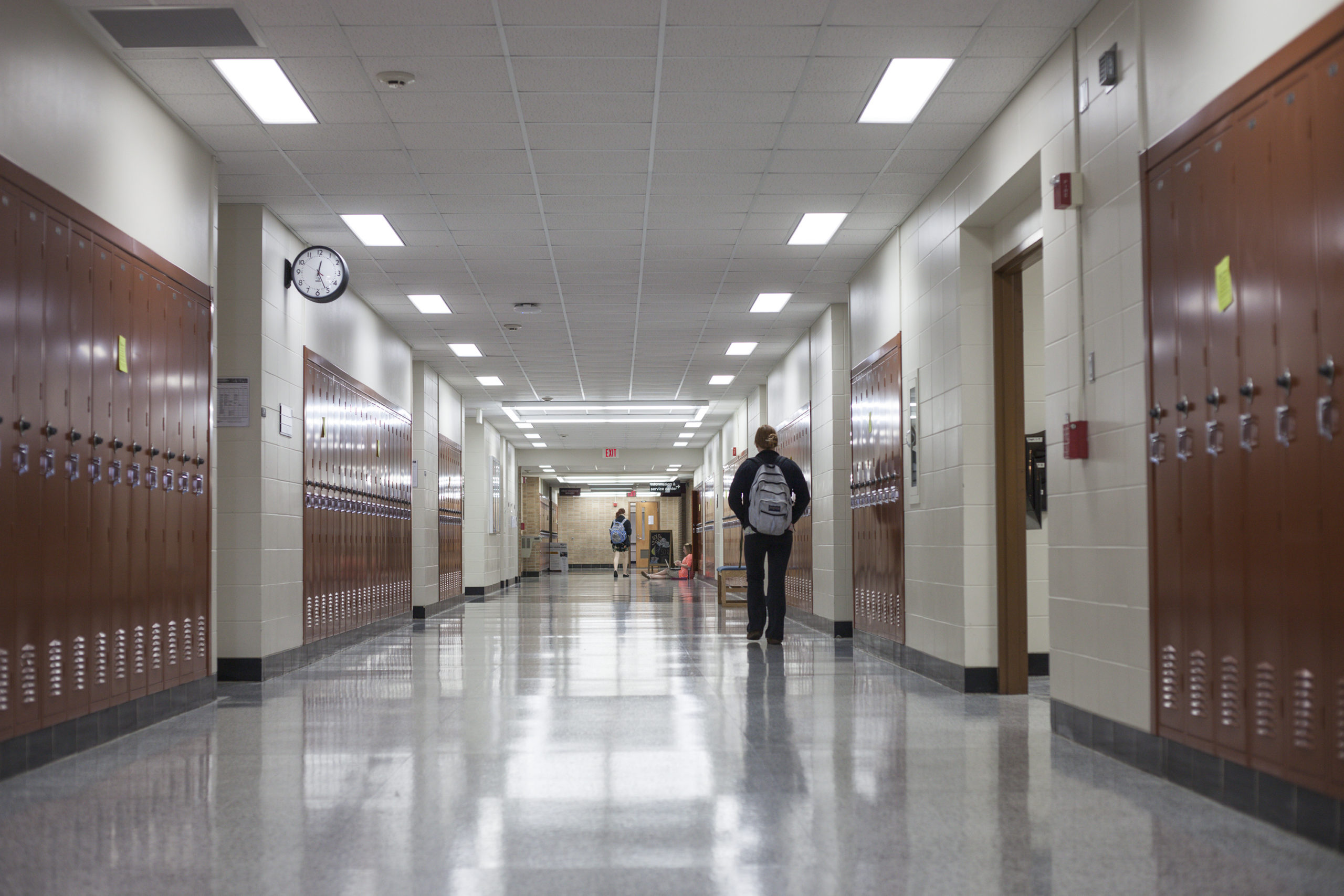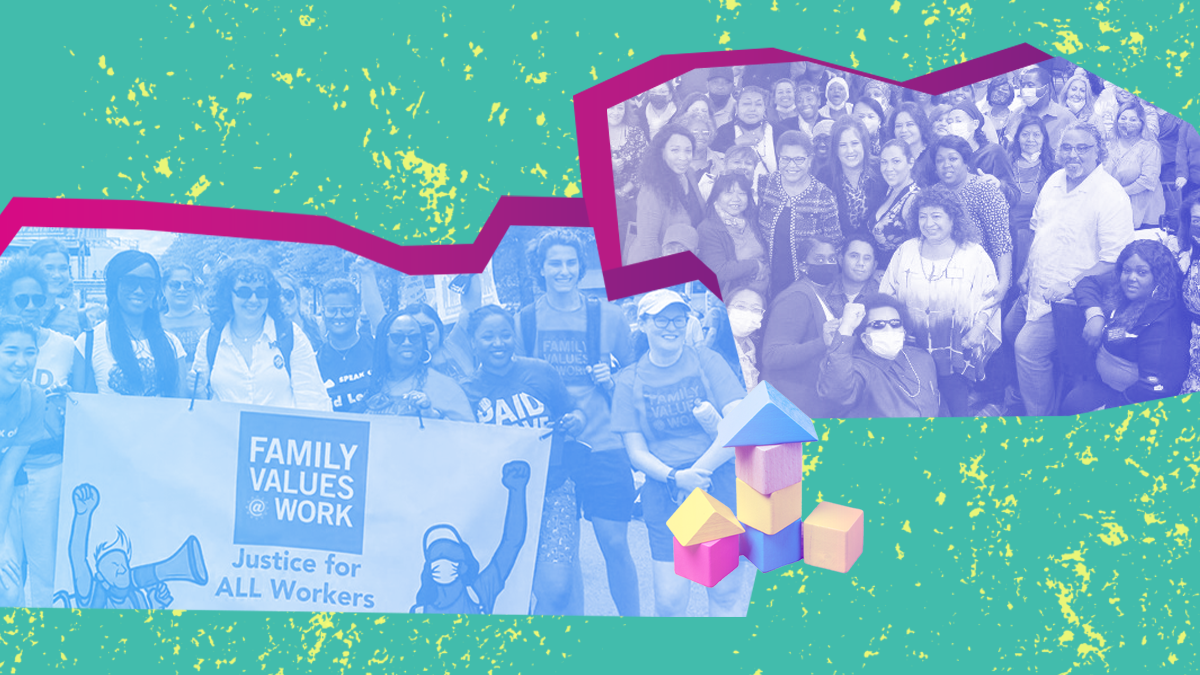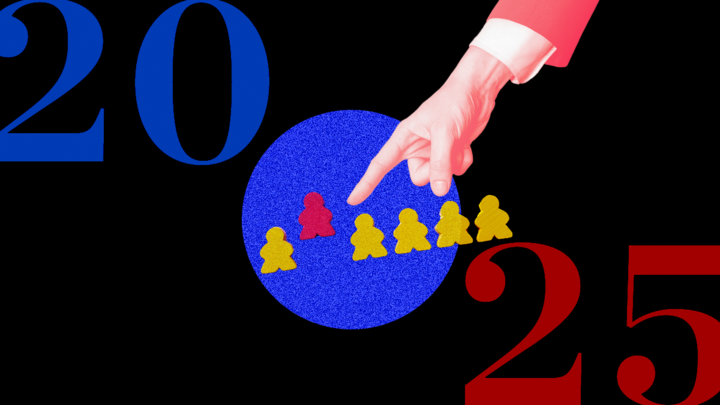Abortion rights, women of color, and LGBTQIA+ people are under attack. Pledge to join us in fighting for gender justice.
Too Many Black Girls in Preschool Disciplined and Pushed Out

A child’s earliest learning experiences have long-term effects on cognitive and emotional development and academic achievement. That is why it’s so troubling to learn that Black preschool children are 3.6 times more likely to receive one or more out-of-school suspensions as White preschool children, according to 2013-14 data from the U.S. Department of Education’s Office of Civil Rights. That includes Black girls, who represent 20 percent of female preschool enrollment, but 54 percent of girls suspended from preschool—further evidence of the already well-documented pushout polices that begin early and limit the opportunities for Black girls to be in school, develop positive experiences with school, and succeed in school and in life. This means that for many Black children, their first experience with school is an unwelcoming one. This also means that Black students miss opportunities to learn because they are spending critical moments out of the classroom. As a result, their parents may have to miss work, and thus forgo income, to stay home with their children while they are suspended, which can cause financial stress for parents—and children may react to this stress with the type of negative behaviors that may have led to the suspension in the first place.
Although over half (54 percent) of all school districts provide preschool programs to children (in addition to special education services for preschool children with disabilities required under the Individuals with Disabilities Education Act), just providing programs is not enough. School districts must offer children a high-quality learning environment; provide preschool teachers with the education, training, and support they need to work with young children; and engage meaningfully with parents. These essential elements require sufficient investments in early education.
Why are high-quality early learning programs important?
High-quality early learning programs are critical to closing opportunity gaps experienced by low-income children and children of color. Research shows that high-quality pre-k programs benefit all children but have the greatest impact on disadvantaged children and children of color. Children need a strong early start because much of the white-black opportunity gap develops before children reach first grade, and because children who are already behind in kindergarten often have great difficulty ever catching up.
Despite the benefits of high-quality early learning programs, many children are not able to participate because their parents cannot afford it, there are no high-quality options available in their communities, or the options available do not match parents’ work schedules or otherwise do not meet families’ needs. And the frequent imposition of suspensions and expulsions can be one more factor that discourages or prevents families from enrolling or keeping their children in preschool.
What can we do to decrease suspensions and expulsions in early learning programs?
To reduce suspensions and expulsions in preschool, it is critical that teachers have the skills and support they need to create a positive learning environment that is appropriate for young children and to respond to children’s behavioral challenges in a constructive way. A strong educational background, ongoing training and professional development opportunities, and good working conditions help enable teachers to be effective in the classroom. Yet many states lack policies to ensure preschool teachers are well-qualified. Of the 60 state-funded pre-k initiatives (some states have more than one initiative), only 34 require teachers to have a bachelor’s degree. In addition, salaries for preschool teachers are not sufficient to attract and retain well-qualified teachers. Preschool teachers earn far less than grade school teachers even when they have similar credentials—the average annual salary for preschool teachers is $33,590, compared to $57,110 for kindergarten teachers.
As part of their professional development, teachers should have targeted training on working with a racially, ethnically, and linguistically diverse body of students—which is particularly important as the country becomes more diverse. Teachers who lack cultural competency often hold lower academic expectations of and provide lower-quality instruction to Black students, who then may internalize these biases and behave according to the expectations of their teachers. Black girls in particular are often disciplined for failing to conform to notions of white femininity. To avoid these negative interactions and provide teachers with the tools to work with a racially and culturally diverse group of students, teachers should be required to complete a cultural competency course or spend time in racially diverse classrooms before receiving a degree, and receive ongoing training in this important area. This type of training can help teachers recognize implicit biases that often inform disciplinary decisions.
Addressing the high rates of suspensions and expulsions will also require greater efforts by preschool programs to engage parents and build a strong bridge between schools and families. Frequent, meaningful communication between parents and early childhood programs helps parents stay informed of their children’s progress and how they can further their learning, and helps programs to better understand children’s individual strengths and needs. With a good relationship, teachers and parents can work together to encourage improvements in children’s behavior and develop strategies to enable their children to remain in the classroom.
Another way to reduce suspensions and expulsions in preschool is to provide teachers with access to mental health resources and other supports. Teachers and schools should be able to receive help from mental health experts in designing plans for working with children who have serious behavioral problems and should be able to provide additional services or referrals for services to children and their families when needed. Black girls who experience trauma and respond by acting out are particularly likely to benefit from an approach that provides them with mental health resources, as opposed to an approach that harshly disciplines them while leaving their mental health needs unaddressed.
These strategies—professional development and training, increased salaries for preschool teachers, support for parent engagement, and access to mental health services—will require additional resources to implement. Congress has recognized the need to reduce suspensions and expulsions in early care and education programs—the Every Student Succeeds Act and the Child Care and Development Block Grant (CCDBG) reauthorization law included specific provisions aimed at addressing this issue. In addition, several states—including California, Illinois, Maryland, and Texas—have enacted legislation to prohibit or strictly limit suspensions and expulsions of preschoolers. With the recent significant increase in funding for CCDBG, states will have additional resources they can use to support strategies that are effective in reducing suspensions and expulsions from early care and education programs. If we want high-quality child care and preschool programs that serve all children well—regardless of their race or particular needs—we must continue to expand our federal, state, and local investments in early care and education.




